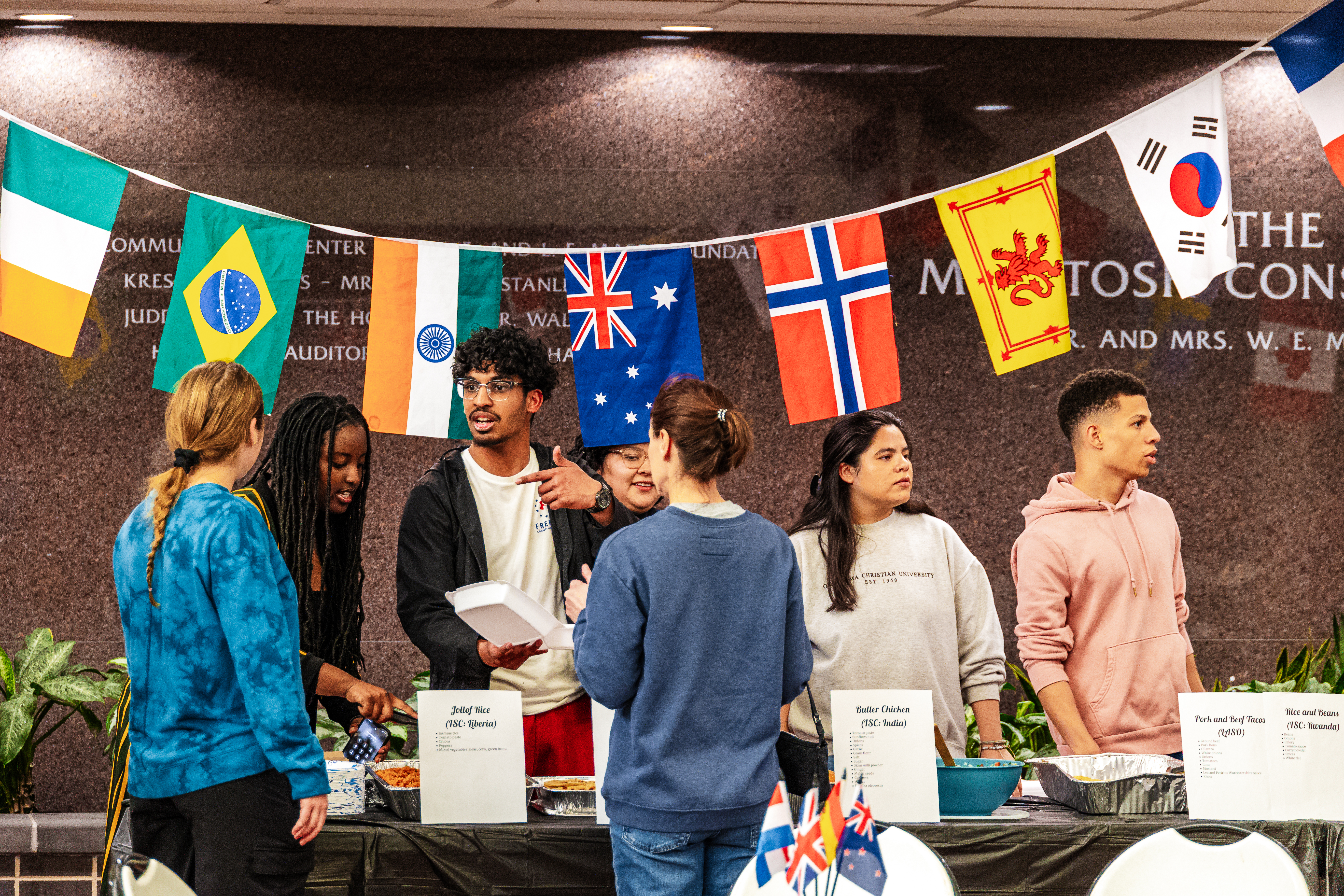Online Photo
A trending hashtag and Twitter account dedicated to “#SochiProblems” is not a promising sign for a country that spent $51 billion on their Olympic games. Prior to the beginning of the games, media coverage focused on potential terrorist attacks and controversy over homosexuals’ rights.
The real problems were overlooked however, possibly intentionally. Corruption and accommodation failures make the games uncomfortable for guests and citizens alike. Only a few days into the event, Dave Zirin, sports editor for The Nation, dubbed it the most corrupt Olympics in history.
“We gave Russia a second chance to show the world how much they have changed in the last two decades,” junior Nic Jensen said. “As long as nothing major happens, like a terrorist attack, they will rise in esteem in the world’s eyes. They have all eyes on them, and if something happens opinions will sink lower.”
One of the biggest complaints is the condition of the hotels where athletes and visitors are staying, quickly evident through athletes’, reporters’ and guests’ contributions to “#SochiProblems.” ABC compiled the complaints into the article “Journalists at Sochi are live-tweeting their hilarious and gross hotel experiences.” The plumbing and toilets do not work. There are not enough pillows, prompting hotel managers to collect pillows from Sochi residents. Light bulbs are broken, curtains are not hung, desks are non-existent and bathtubs are not attached to the walls – the list continues. U.S. bobsled team member Johnny Quinn had to break down the jammed door of his hotel bathroom to get out.
According to some hotel guests, the showers weren’t working. Officials responded by installing cameras in hotel bathrooms to record activities.
“We have surveillance video from the hotels that shows people turn on the shower, direct the nozzle at the wall and then leave the room for the whole day,” Dmitry Kozak, deputy prime member for the Olympic preparations, said, according to The Wall Street Journal article, “Russian Officials Fire Back at Olympic Critics.”
This admittance of the video surveillance has only made guests more uncomfortable.
“I think that the city that is chosen should be given a deposit to see how well they spend the money,” senior Hannah Huber said. “If by two years they’re not showing blueprints that are awesome, some construction being improved, a new place should be chosen.”
The $51 billion price tag seems as if it would ensure a high-quality quality games. What happened? Speculation is that the dollars were not spent for appropriate functions.
“Of the $50 billion that has been spent for the games, it is widely estimated that as much as $30 billion was stolen,” Moscow-based law and business teacher Mark Nuckols said in “Sochi Olympics: Propaganda and Theft Amid PR ‘Disaster’ for Putin,” an article in The New American. “And of the other $20 billion, it is likely that $10 billion to $15 billion was simply wasted through incompetence or in overcoming the severe challenges of staging a winter sports event in a subtropical setting.”
Russian citizens are no strangers to governmental corruption, but they still feel the pain. Russian President Vladimir Putin’s initial predictions were that the games would cost $12 billion. The 400 percent increase makes the games more expensive than all the other Winter Olympic games combined.
Opposition leader Boris Nemtsov and Solidarity activist Leonid Martynyuk conducted an investigative report in 2013, entitled “Winter Olympics in the Sub-Tropics: Corruption and Abuse in Sochi.” In it they say that 15 percent of the budget went to just two men, Arkady and Boris Rotenberg, childhood friends of Putin. The money they received – $7.4 billion – is more than the total cost of the 2010 Winter Vancouver games.
A comparative analysis of the stadiums show that the cost per fan at the central stadium is $19,500—triple the price of any other stadium. The Bolshoi Ice Palace for hockey cost $25,000 per attendee and the Russian Hill Ski jumps cost $36,000 per fan, 10 times the world average. Finally, the Olympic Village’s price tag was $363,000 per person.
“In short, as much as 90 percent of the spending on Sochi was pure waste and graft,” Nemstov, former deputy prime minister, said in The New American article. “Sochi was grand theft from the beginning and the Winter Games were just a pretext for the crime.
A 31-mile road connecting the beach town of Adler to the ski resort of Krasnaya Polyana cost $8.7 billion. According to the Russian edition of Esquire, for that price the road could “have been paved with a centimeter-thick layer of beluga caviar.”
Contrary to these reports, NBC’s coverage of Russia has been positive leading up to the games and continuing throughout them. Russian chess master Garry Kasparov said that NBC is acting like cheerleaders for Putin.
“Last night NBC sports people already talked about Putin as ‘a man of peace’ & his Russia ‘ready to join the world.’ Propaganda, not sports,” Kasparov tweeted.
Why would NBC cover the games this way if Russian leaders clearly differ?
“They wanted people to watch the games,” Jensen said. “They know if people view Russia as a corrupt country, they will not pay as close of attention to the games. It’s really just good PR.”
While most people are appalled at the events taking place, Russian leaders are considering the Olympics an immense success as they take money to the bank. Russia’s history has been rather tumultuous – will citizens ever be safe from government embezzlement.
“Probably not,” Jensen said. “It’s Russia. And Putin.”












Be First to Comment